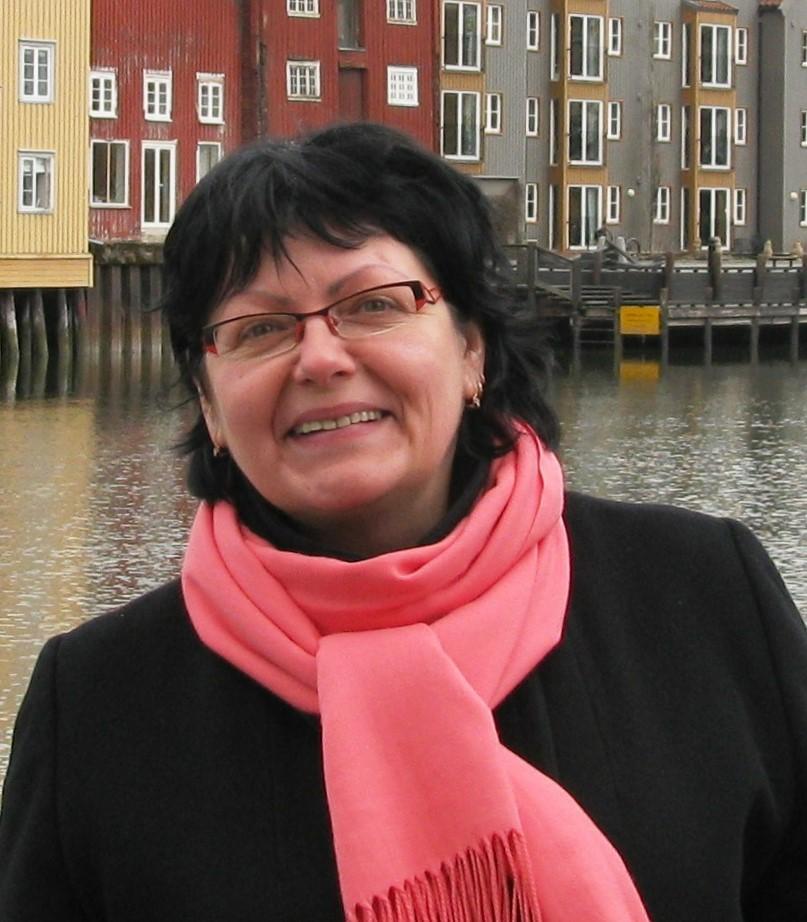It is evident that the State Probation Service primarily works with offenders, and they are its main focus. How is this aspect addressed while working with sensitive cases, such as domestic violence?
The court or public prosecutor can order offenders to perform community service or attend programmes that address specific problems, and this is where the State Probation Service steps in as offenders are truly the main focus of our institution. The mission of State Probation Service is to ensure public safety by executing criminal punishments, which are not related with deprivation of freedom. It is our task to help them reintegrate into society: find a job or other ways to get the necessary skills/education for that, establish healthy relationships, sort out addictions and productively spend their free time.
On the other hand, mediation is a process that requires the offender’s voluntary participation, and it can be seen as an alternative to the traditional criminal process. In cases of lesser felony, mediation could be the circumstance that allows one to discharge the criminal persecution. If an agreement has been reached between offender and victim during the mediation process, then it can be used to end a less severe case. In cases of high-class felony (or severe cases), victim-offender mediation can be considered by court as a circumstance that mitigates culpability. If the parties agree to participate in victim-offender mediation it gives an opportunity for the victim (or survivor) to speak about their views and feelings, the damage done, the offence and its consequences and find a solution together with the offender to mitigate the harm that was done.
In cases involving domestic violence both parties need to be well informed and prepared for the meeting; there has to be a special consideration towards balancing the needs of both parties. Both parties are able to meet each other but it is crucial that both are equally well-informed and prepared for victim-offender mediation, as the victim could be at a disadvantage due to their relationship with an offender; thus they also experience different negative emotions, including fear. Both parties are able to bring persons of support with them, but they should also be balanced on both sides to avoid anyone having a feeling of being cornered.
Compared to victim-offender mediation in other cases, domestic violence cases may not have a specific solution as a goal, but rather revolve around the discussion itself, which can have an invaluable restorative effect. There is no doubt that victim-offender mediation in domestic violence cases requires experienced and professional mediators who are well-versed in the procedures of mediation and understand the purpose of its discussions, as well as are capable of properly preparing all involved parties for this meeting.



